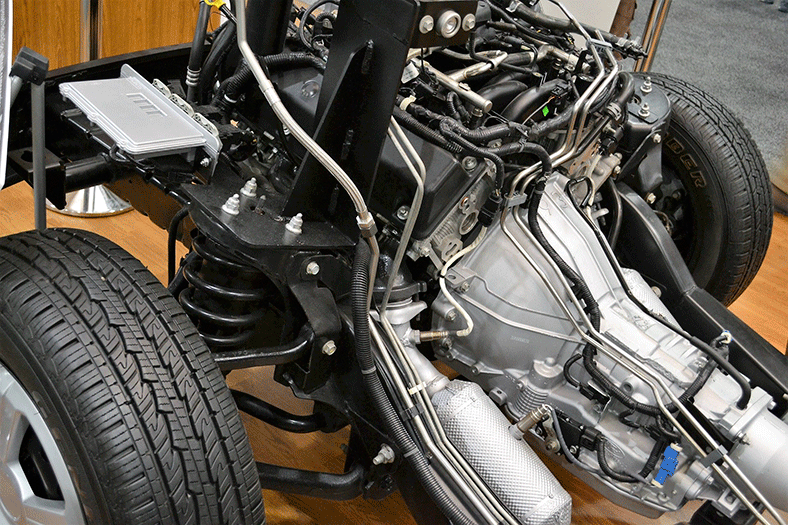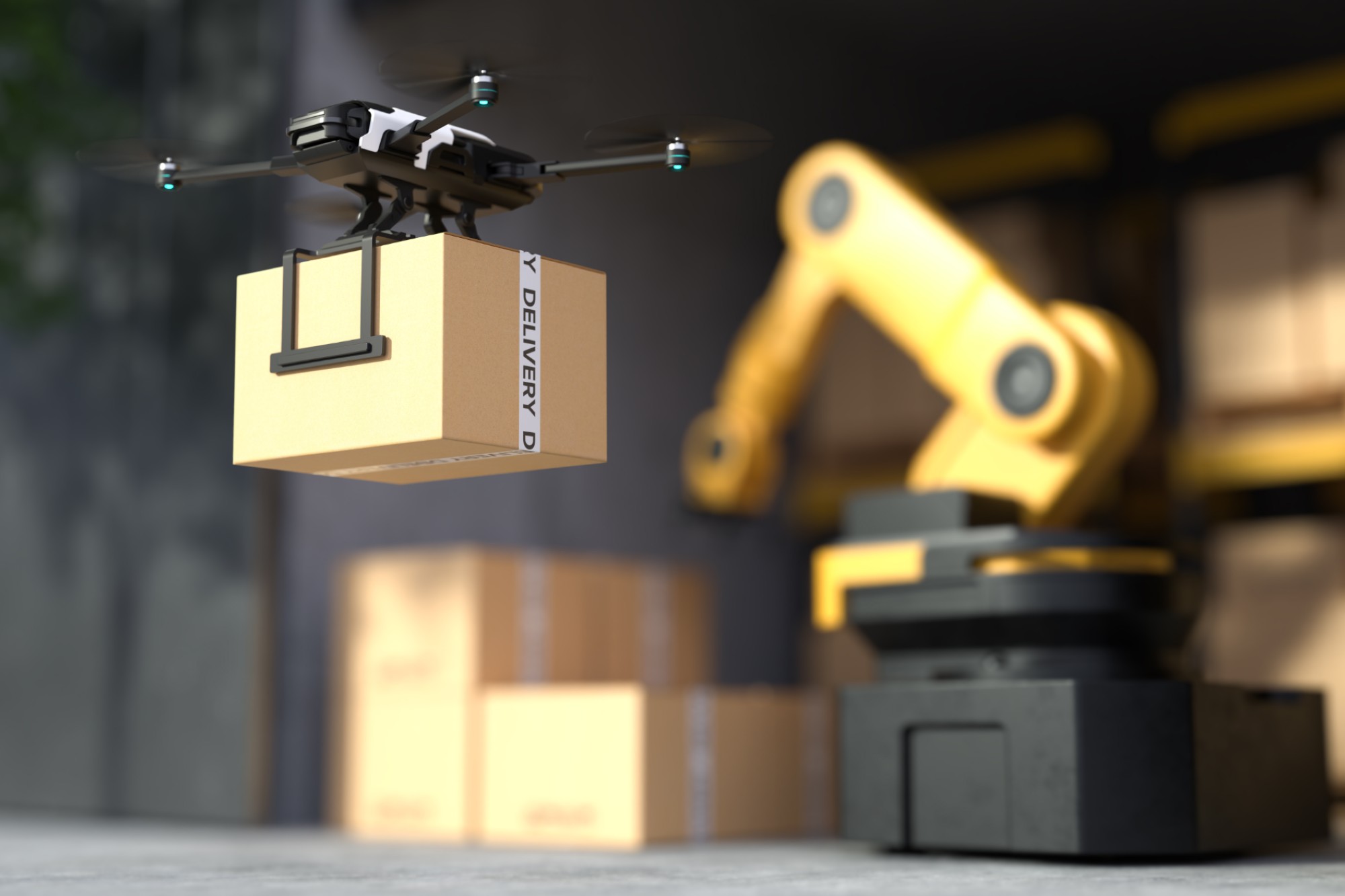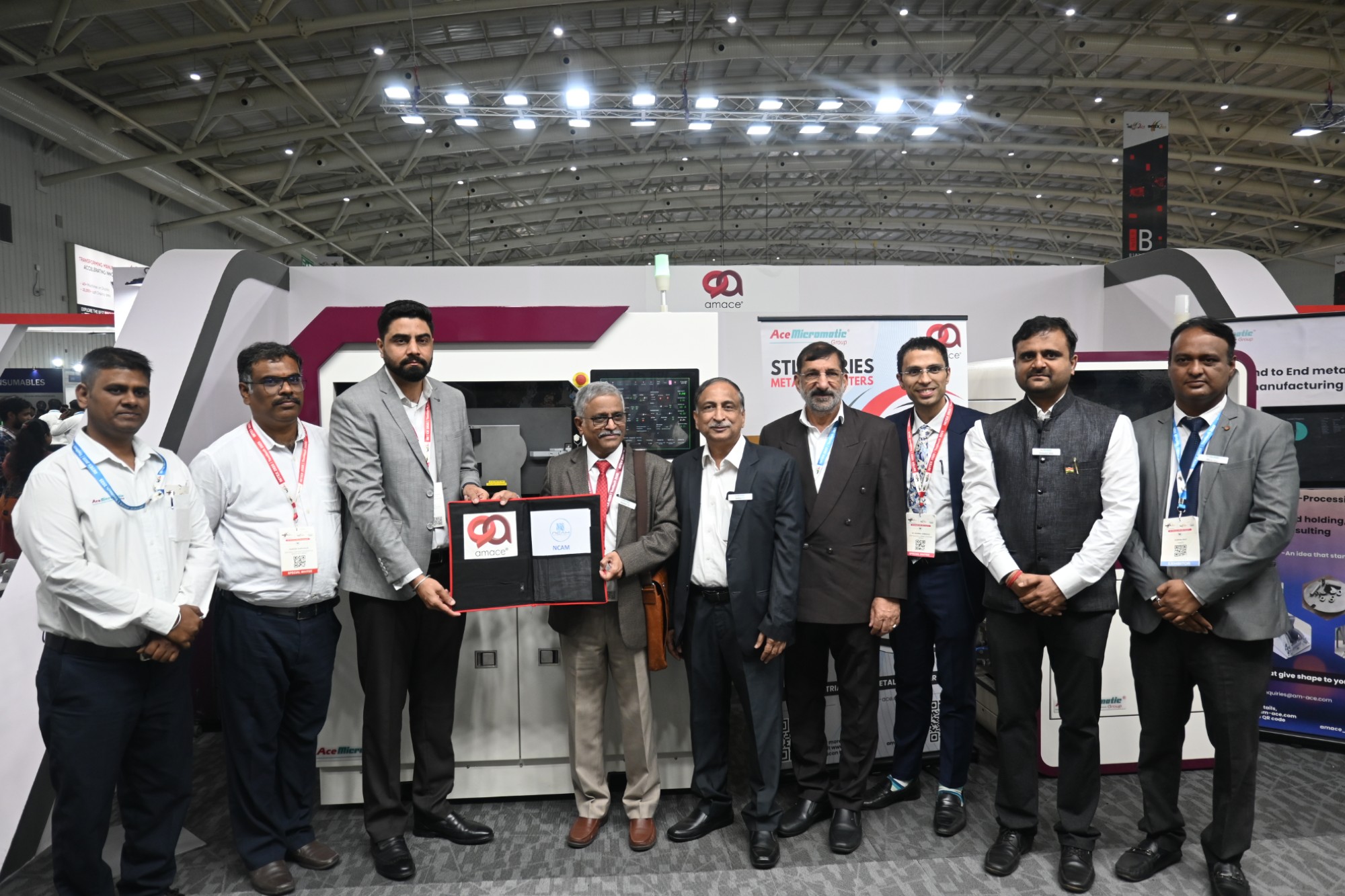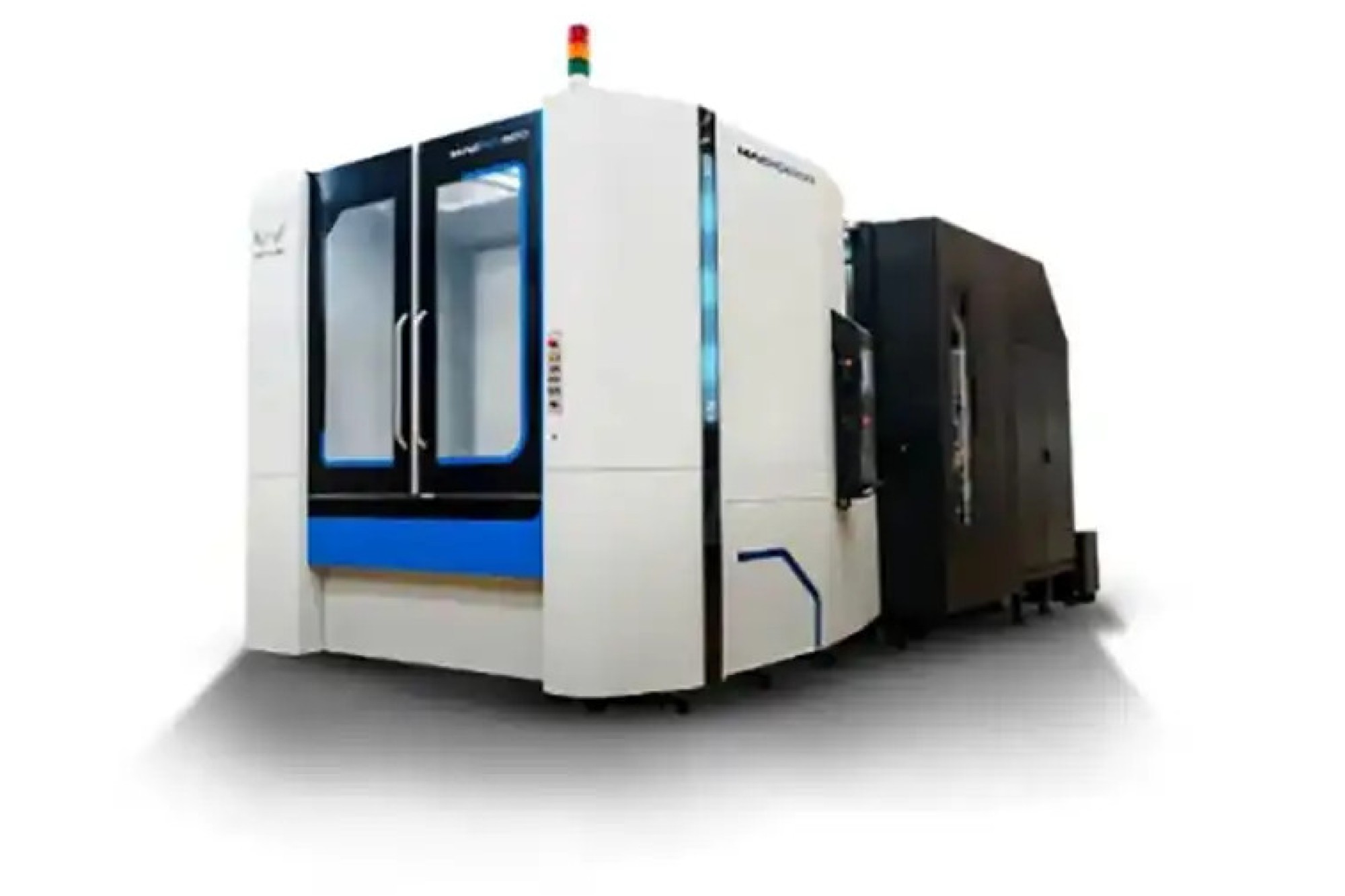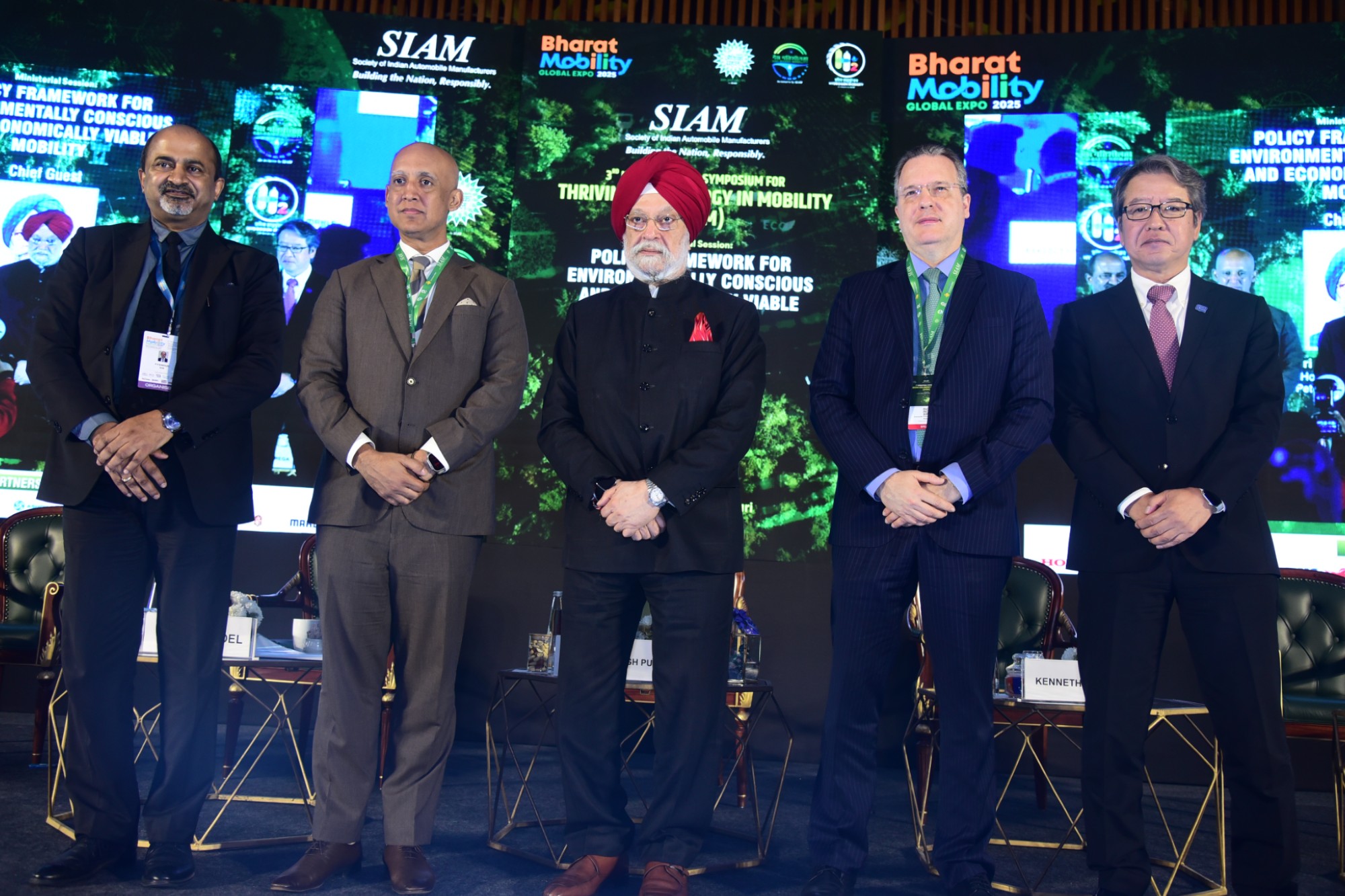Govt Issues National Non-Ferrous Metal Scrap Recycling Framework
By OEM Update Editorial March 25, 2021 12:24 pm IST
The recommendations will strengthen efforts of the domestic Aluminium industry demanding formulation of standards for Scrap in India.
The Ministry of Mines has recently issued the National Non-Ferrous Metal Scrap Recycling Framework 2020, covering key non-ferrous metals like aluminium, copper, zinc and lead. The framework has been released with an objective to promote a formal and well-organised recycling ecosystem in the country which is currently highly unorganized with heavy dependence on imported scrap. It also aims to produce high-quality scrap for quality secondary production thus minimising the dependence on imports and encourage economic wealth creation, job creation and increased contribution to GDP through metal recycling.
This framework is also seen to be prepared in the backdrop of the upcoming Vehicle Scrappage Policy for automobiles, which will ensure sufficient availability of domestic scrap in the country. Some of the key recommendations are setting up of a central authority for recycling of metals as the Metal Recycling Authority (MRA). It strongly recommends establishing BIS standards for Quality of scrap used for recycling and recycled products, and standard procedures for recycling and processing of scrap in consonance with MoEFCC rules/guidelines for environment protection.
These recommendations will strengthen efforts of the domestic Aluminium industry demanding formulation of standards for Scrap in the country. The formulation of BIS Standards for Scrap usage, recycling and imports will be the first step to develop the domestic recycling ecosystem and promote a circular economy by utilisation of indigenous scrap thereby reducing dependency on imports. Unfortunately, India today does not have adequate institutional mechanisms for proper collection, sorting and processing of domestic or imported scrap. There are no BIS/quality standards in place for Scrap and the final recycled products.
reduce, reuse, recycle, recover, redesign and remanufacture through scientific handling, processing and disposal of all types of non-ferrous scrap, through authorized centers. Also, importance has been given for creating public awareness about the benefits of efficient scrap collection, segregation and recycling with a Quality certification mechanism for recycled secondary metal and a ‘recycled’ logo may be put on all recycled products to highlight the circular economy.The structured plan defines roles and responsibilities with clear timelines for various stakeholders including the Government, recycling authority, public, manufacturers, dismantling and processing centers to achieve the goal of making an organized recycling industry in the country over the next three years. This includes the setting up of metal mecycling Authority by Q1-FY 22, formulation of Quality Standards, certification, process standards for recycling by Q2/Q3 of FY 22. The action plans in FY 2022-23 will be focused on regulating the scrap collection, segregation and dismantling units with a proper framework for registration, review mechanism, data collection and reporting mechanism for registered recycling units, ranking and performance evaluation of recycling units and development of specified metal recycling zones and urban mining facilities.
Expediting all these action plans will be the key to the success of the Indian Recycling industry to encourage efficient utilisation and recycling of indigenous scrap and boost a domestic circular economy. This will create significant opportunities for revenue generation, creation of jobs and MSMEs and encourage domestic value addition in the country in line with a greater vision to make an Aatma Nirbhar Bharat.
Cookie Consent
We use cookies to personalize your experience. By continuing to visit this website you agree to our Terms & Conditions, Privacy Policy and Cookie Policy.



